Keywords: Connection
There are more than 200 results, only the first 200 are displayed here.
-
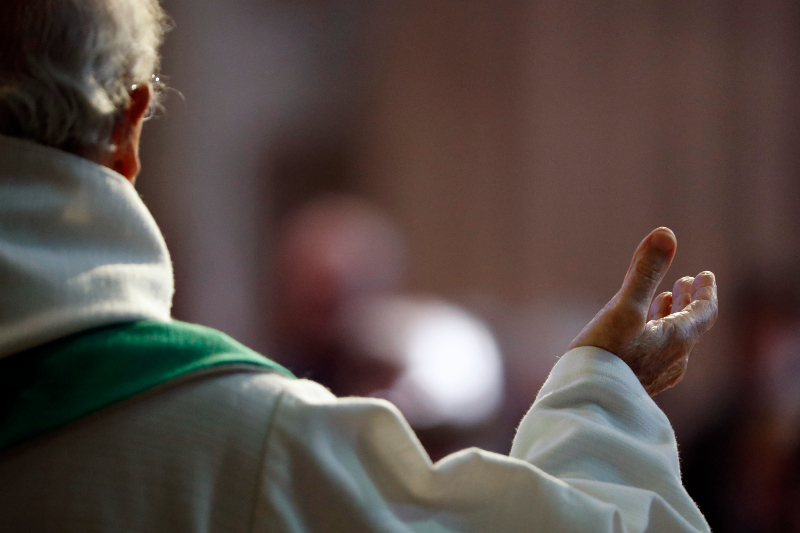
RELIGION
- Andrew Hamilton
- 03 May 2022
9 Comments
We should not underestimate the difficulty that people who represent independent branches of the same organization face when drawing up an agreed statement on contentious issues. Even the widely applauded Uluru Statement from the Heart did not secure the support of all Indigenous groups. If the Bishops Statement was to be effective it had to be supported, or at least tolerated, by all members of the Conference, despite their differing views about political and church issues and the priority that should be given to them in advocacy.
READ MORE 
-
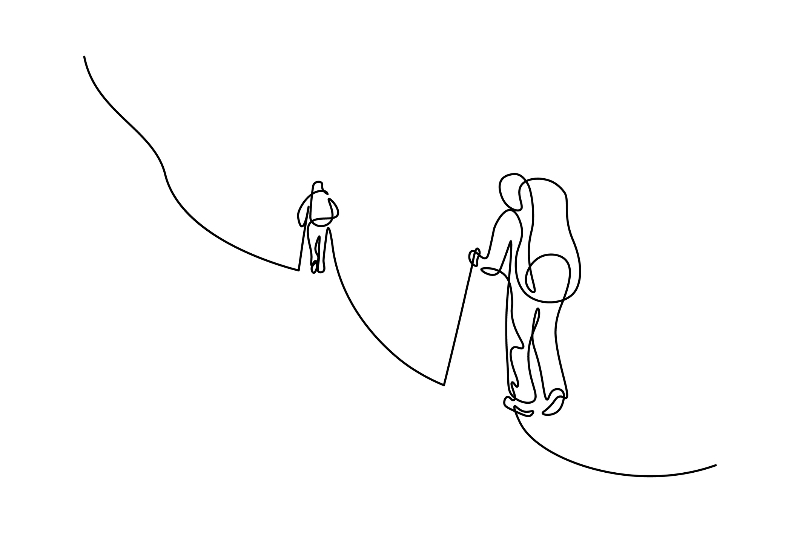
RELIGION
- Barry Gittins
- 14 April 2022
10 Comments
As a kid, all I wanted was answers. As soon as I’d get one, I’d chase the next. Nowadays, I’m happy with holding onto questions. Rephrasing, examining, thinking. The answers I have don’t always add up, and my mania for meaning, for definitive proof, is abating. I am increasingly aware that all of us, regardless of creed, creditworthiness, consciousness or credentials, lack definitive answers to life’s mysteries.
READ MORE 
-

AUSTRALIA
- Andrew Hamilton
- 13 April 2022
11 Comments
In our culture, Easter celebrates the benignity of the ordinary. It is a time for getting together with family, for going away to bush or beach, and in southern states a time of mild weather ideal for watching big football matches and other sport. The important question raised now by Easter is whether the meanings of Australian Easter, and indeed those available to our secular society, have the depth needed to handle our present predicaments.
READ MORE 
-

ARTS AND CULTURE
- Cherie Gilmour
- 29 March 2022
13 Comments
A house bursts into flames as it’s submerged in floodwaters. A doctor tells a cameraman filming a dying Ukrainian child to send the footage to Putin. A newspaper delves into the murder of a young woman. It’s like a fever dream: a pandemic bleeds into the edges of a global war. The news presents information, and it has no moral duty to tell us how we should feel about it or help us untangle the knot of feelings which emerge.
READ MORE 
-

RELIGION
- Andrew Hamilton
- 24 March 2022
10 Comments
Any program of church reform will have soon to ask Chernyshevsky’s question, What is to be done? It is a dangerous question — he wrote his novel from jail and spent much of his life in exile or imprisonment. Discussion of Church matters is mercifully less perilous today, but the question does invite a radical repiecing of the connections and tradition and energies that constitute Catholic life.
READ MORE 
-
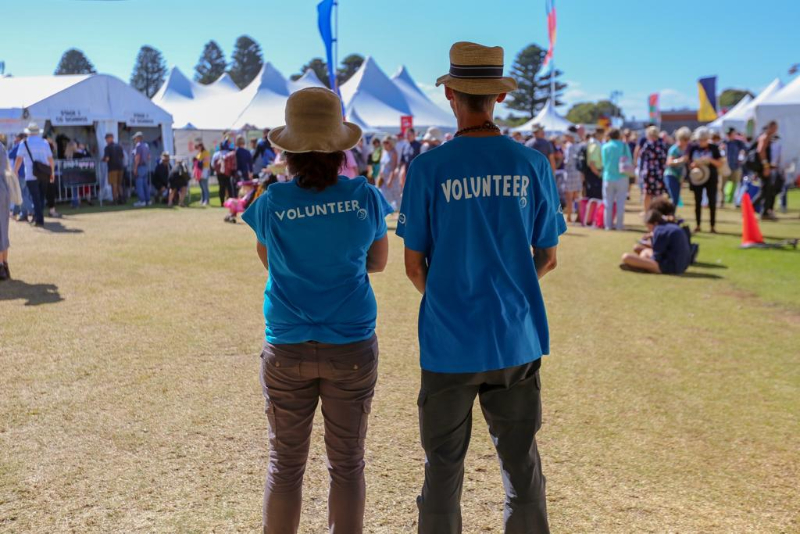
AUSTRALIA
- Julian Butler
- 22 March 2022
4 Comments
Part of what makes community is what distinguishes community, what sets it apart. It might be an interest in music, or sport, a neighbourhood or a set of values or practices. Initially, at least, the extent to which we identify with the community will depend upon the extent to which those things that define or characterise it are important to us.
READ MORE 
-
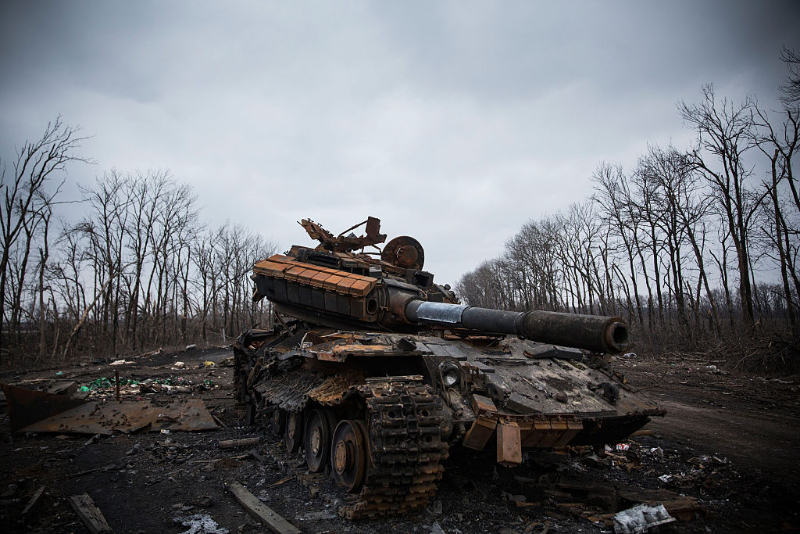
INTERNATIONAL
- Justin Glyn
- 07 March 2022
26 Comments
Ukraine, a site of conflict over many centuries, is once again the scene of battle. First thoughts must be with the civilian population and Pope Francis’ call for prayer is probably the most practical course for most of us far from the action. Unfortunately, while it is clear that there have been casualties, both military and civilian, on both sides, the fog of war makes it very difficult to say more.
READ MORE 
-
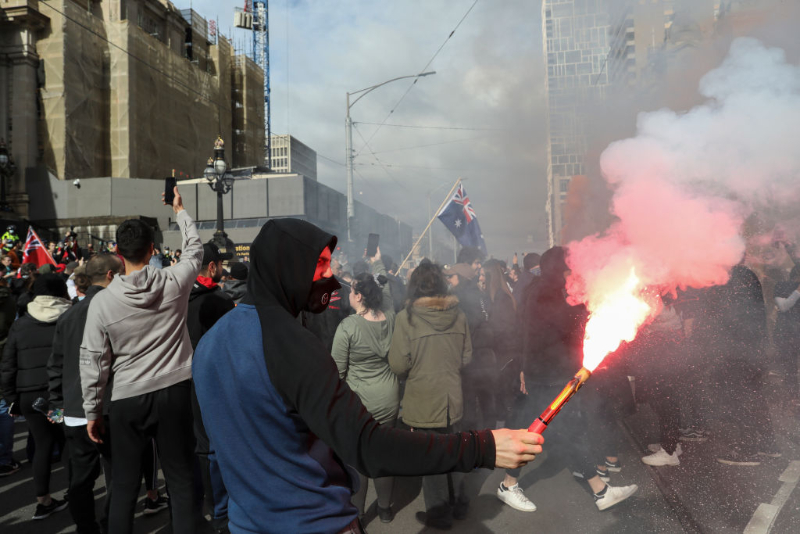
AUSTRALIA
- Ben Rich
- 17 February 2022
11 Comments
Today we see a resurgence of digital tribalism, a glorification of disingenuous engagement online and humiliating those of a different perspective. Everywhere we see simplistic and belligerent narratives of ‘us versus them’ over more nuanced explanations that might impart a greater sense of shared humanity and common purpose. So what happened?
READ MORE 
-

RELIGION
- Jānis (John) T. Ozoliņš
- 03 February 2022
40 Comments
As if the Covid-19 pandemic has not been testing enough, modern life has never seemed more difficult than it does at present. We are bombarded on all sides by masses of information, misinformation, expert opinions, and the relentless, strident voices of social media browbeating us into accepting the dogmatic conclusions of leading influencers.
READ MORE 
-
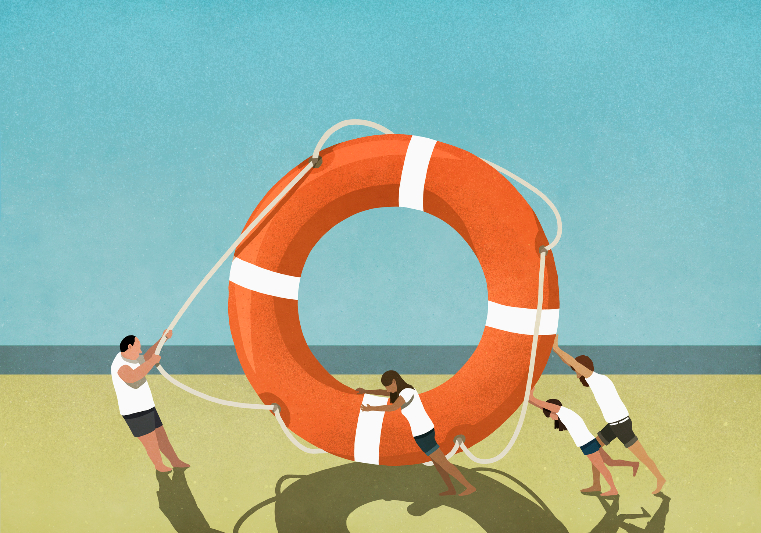
AUSTRALIA
- Greg Craven
- 25 January 2022
53 Comments
One reasonably could ask whether this is the moment to write a book about the potential of Catholic Social Theory to contribute to Australian politics and policy. After all, the Church is still struggling to come to terms with decades of child abuse, hardly a recommendation for social potential. We currently also are attempting to make sense of a Plenary that is both confused and confusing.
READ MORE 
-
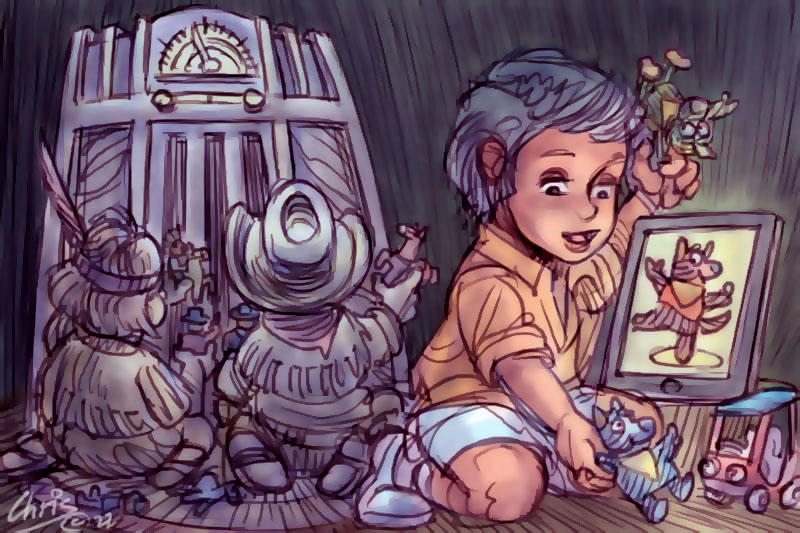
ARTS AND CULTURE
- Gillian Bouras
- 25 January 2022
10 Comments
I’m not sure that my Greek grandchildren know the word antediluvian or whether they have heard of Methuselah, but they certainly consider me an ancient relic who occasionally tells tall tales and true from the legendary past, and from another land. Of course they are unable to conceive of life or domestic space without screens: even my youngest grandchild, who has just had her first birthday, knows when a Skype call is imminent, and coos accordingly.
READ MORE 
-
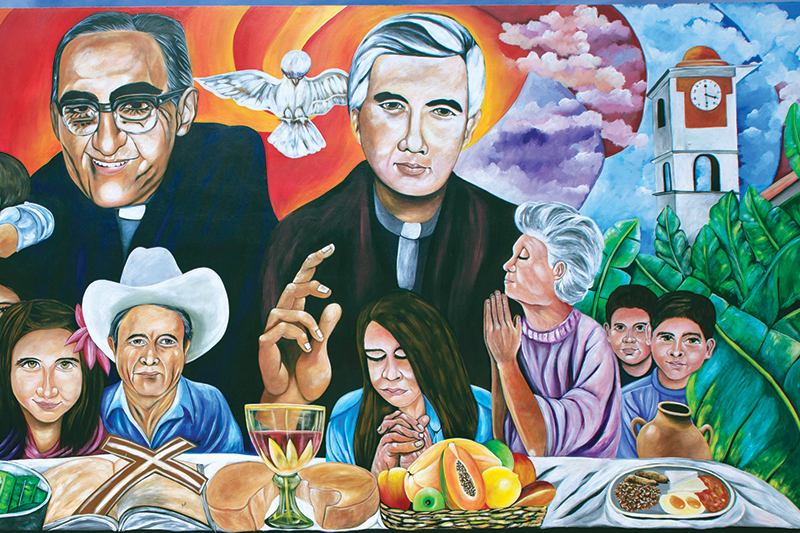
RELIGION
- Andrew Hamilton
- 20 January 2022
6 Comments
On the fifteenth anniversary of Rutilio Grande’s death, I went to a memorial celebration in Aguilares. This crossroads town was the centre of the Jesuit local mission of which Grande had been part. I had already been struck by the affection with which everyone spoke of Rutilio Grande. In a society where any ministry to people who were poor exposed one to constant danger, it was natural to become hardened in order to survive. Rutilio Grande, however, was remembered and treasured for his vulnerability.
READ MORE 